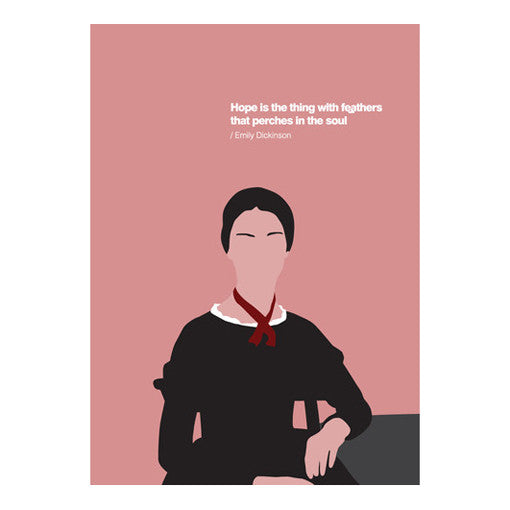Projects
Recommended Sites
Related Links & Reading
- Very Superstitious (Colin Dickey, Lapham's Quarterly)
- The Stupidity of Computers (David Auerbach, N+1)
- Einstein on the Humanities & Sciences (Scientific American Blog)
- 'Science, Virtue, and the Future of Humanity' (The New Atlantis, Summer 2011)
- Robert Fulford at the National Post
- People of the Book (Joe Queenan, WSJ)
- The Power of the Spoken Word: Reason and Robert Ingersoll in the 19th Century
- Failure Is an Option (Costica Bradatan, NY Times Opinionator)
- What is Art For? by John Armstrong in 'The City Journal', Autumn 2013
- 'Virtually Yours' at the Cabaret Theater
Upcoming Events
No upcoming events
Recent Posts
Categories
Join 78 other subscribers
Archives
- March 2022
- November 2020
- September 2020
- July 2020
- June 2020
- May 2020
- April 2020
- March 2020
- February 2020
- December 2019
- August 2019
- February 2019
- December 2018
- October 2018
- September 2018
- July 2018
- June 2018
- April 2018
- March 2018
- February 2018
- January 2018
- December 2017
- November 2017
- July 2017
- June 2017
- April 2017
- February 2017
- January 2017
- December 2016
- November 2016
- October 2016
- August 2016
- June 2016
- May 2016
- March 2016
- February 2016
- January 2016
- December 2015
- November 2015
- September 2015
- August 2015
- July 2015
- June 2015
- January 2015
- November 2014
- October 2014
- August 2014
- June 2014
- April 2014
- March 2014
- December 2013
- October 2013
- September 2013
- July 2013
- June 2013
- May 2013
- April 2013
- March 2013
- February 2013
- January 2013
- December 2012
- November 2012
- October 2012
- September 2012
- August 2012
- July 2012
- June 2012
- May 2012
- April 2012
- March 2012
- February 2012
- August 2011
- June 2011
- March 2011
- January 2011
- November 2010
- October 2010
- August 2010
- June 2010
- April 2010
- March 2010
- January 2010
- October 2009
- September 2009
- August 2009
- July 2009
- May 2009
- April 2009
